
The Chinese New Year festival, being a spring festival, is naturally celebrated with renewed energy and fresh hope. The cold, dreary winter is behind us. The Year of the Horse symbolically augurs new opportunities, success and prosperity for the year ahead. “Time to blast fire crackers with eager anticipation!” This spirit of optimism is aptly captured in popular New Year greetings:
马到成功 (Mǎ dào chéng gōng): May success arrive as swiftly as a horse (Immediate success).
龙马精神 (Lóng mǎ jīng shén): Full of vigor and spirit like a dragon and horse (Vitality and strength).
一马当先 (Yī mǎ dāng xiān): May you take the lead and set the pace (To be first/forefront).
马上发财 (Mǎ shàng fā cái): May wealth come immediately (Get rich instantly).
However, these greetings and celebrations can evoke nostalgia and quiet melancholy in some older people. They cannot deny the fatigue that accompanies the fading vitality of their advancing years. Scripture captures this poignantly: Continue reading “Welcoming the Year of the Horse with Dim Eyes and Feeble Limbs”

 I have already left behind my thoughts on van Dyke’s hymn posted several days ago & moved on to other issues.
I have already left behind my thoughts on van Dyke’s hymn posted several days ago & moved on to other issues. 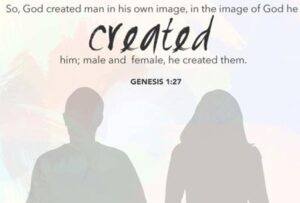 Gnostic Anthropology
Gnostic Anthropology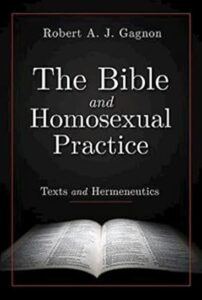
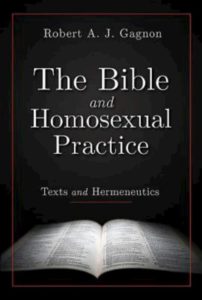 You can view the one hour video at:
You can view the one hour video at: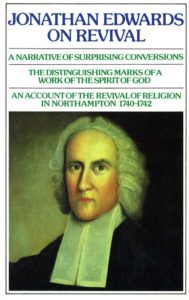 The current revival at Asbury University, Kentucky, has caught the interest of Christians worldwide. However, some of my friends who have disappointing experiences in “revival meetings” organized by visiting “global prophets” have asked me how we know if a revival is genuinely a work of God.
The current revival at Asbury University, Kentucky, has caught the interest of Christians worldwide. However, some of my friends who have disappointing experiences in “revival meetings” organized by visiting “global prophets” have asked me how we know if a revival is genuinely a work of God.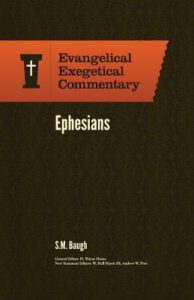
 Salvation is Solely the Work of God
Salvation is Solely the Work of God